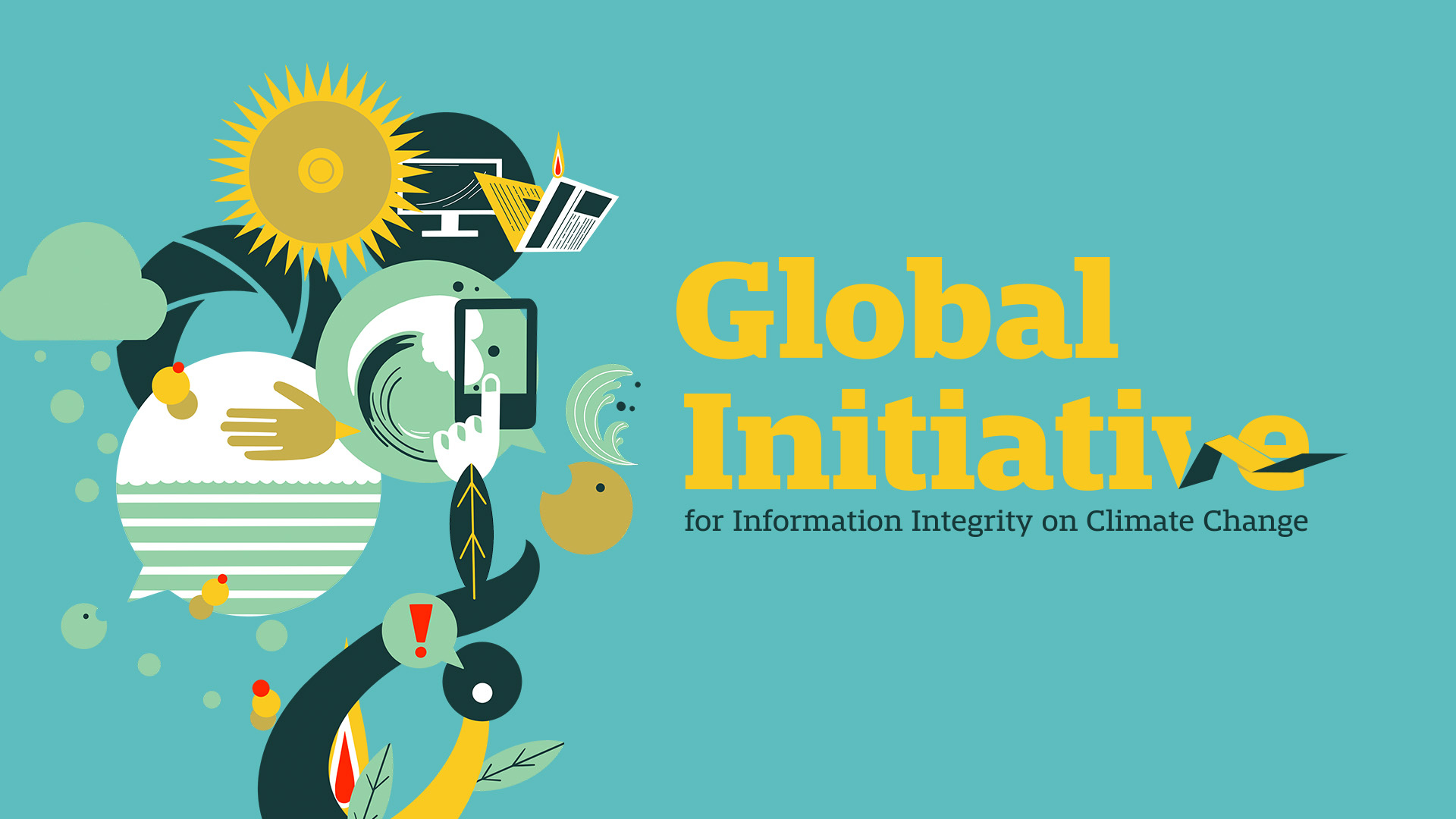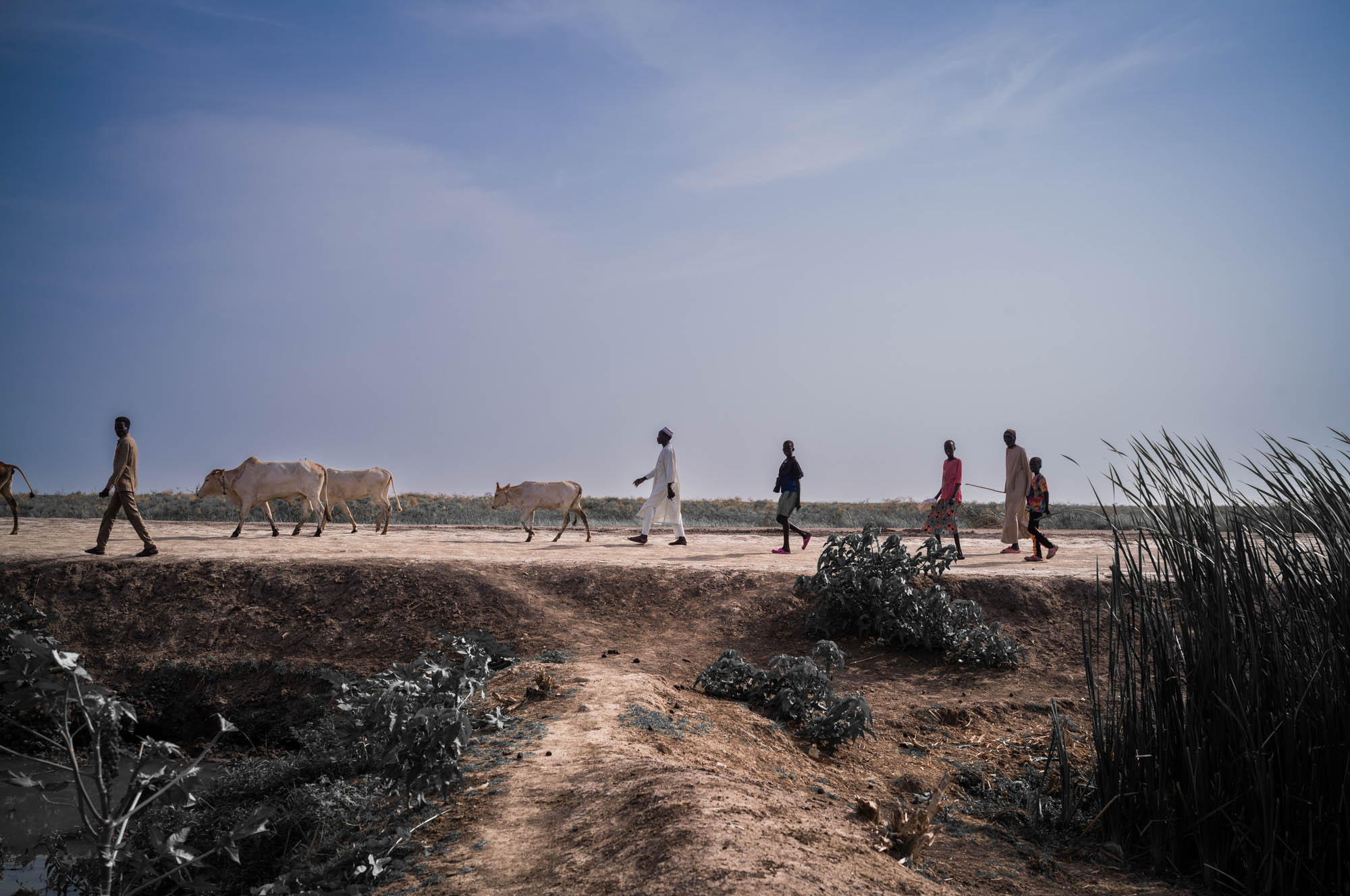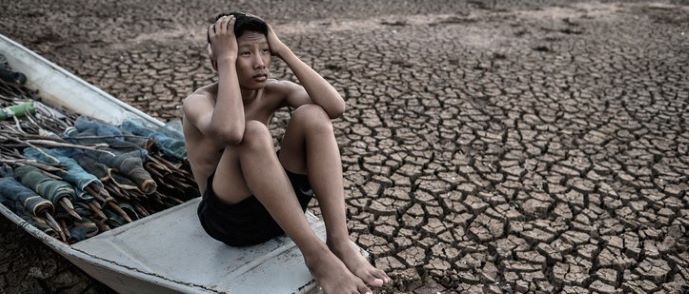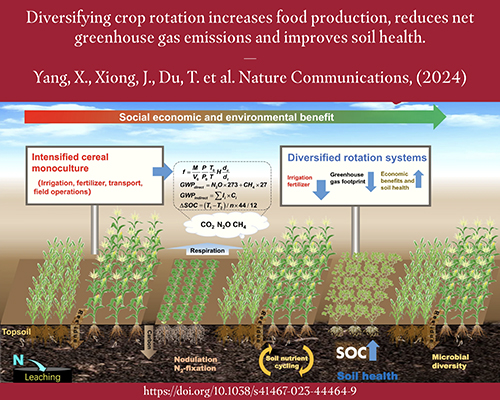Report on the Planned Training Initiative: Climate Change Adaptation and Advocacy in the MENA Region
Introduction
A forthcoming online training and workshop initiative, scheduled for August-September 2025, will be delivered by the Arab Reform Initiative (ARI) with support from the Swedish International Development Cooperation Agency (SIDA). The program is designed to build the capacity of youth organizations and civil society actors in the Middle East North Africa (MENA) region. Its central mission is to empower these groups to effectively participate in climate change dialogues and advocate for a just environmental transition, thereby making a direct contribution to the achievement of the United Nations Sustainable Development Goals (SDGs).
The initiative addresses the critical need for inclusive, democratic, and accountable governance frameworks to support long-term environmental strategies. By equipping young activists with specialized knowledge and skills, the program aims to amplify their voices in national and international arenas, ensuring that climate action is equitable and centers the experiences of impacted communities.
Strategic Objectives and Contribution to Sustainable Development Goals (SDGs)
The program’s objectives are intrinsically linked to the 2030 Agenda for Sustainable Development, with a significant focus on several key SDGs.
Advancing SDG 13: Climate Action
The core of the training is dedicated to strengthening climate action. It aims to build participants’ capacity to monitor climate change impacts, critically evaluate government policies, and advocate for robust adaptation and mitigation strategies. By providing tools to engage with international mechanisms like the Conference of the Parties (COP), the program directly supports Target 13.3 (Improve education, awareness-raising and human and institutional capacity on climate change) and Target 13.a (Implement the commitment to the UNFCCC).
Promoting SDG 16: Peace, Justice, and Strong Institutions
The initiative seeks to foster more inclusive and accountable governance. By training youth to engage with national and international institutions, the program contributes to building effective and transparent decision-making processes. This aligns with Target 16.7, which aims to ensure responsive, inclusive, participatory, and representative decision-making at all levels.
Supporting SDG 5: Gender Equality and SDG 10: Reduced Inequalities
The program explicitly targets feminist organizations and addresses the intersection of climate justice with gender and economic inequality. This focus supports SDG 5 by promoting women’s full and effective participation in environmental decision-making. It also contributes to SDG 10 by empowering youth from diverse communities and ensuring their voices are central to the development of equitable climate solutions.
Fostering SDG 17: Partnerships for the Goals
The collaboration between ARI and SIDA exemplifies a multi-stakeholder partnership for sustainable development. Furthermore, a key program objective is to create a community of practice and build coalitions among activists across the MENA region, strengthening regional partnerships (Target 17.17) to advance the global sustainability agenda.
Program Curriculum
The training will be delivered through a series of online modules with a total duration of approximately three hours. The curriculum is structured to provide comprehensive knowledge and practical skills:
- International Negotiation Frameworks and Principles of Environmental Justice.
- Advocacy Strategies for Engagement with the European Union and International Negotiation Platforms (COP, regional forums).
- Climate Governance and Finance: World Bank, IFIs, Climate Funds, and Loss and Damage Mechanisms.
- The Just Environmental Transition: Adaptation, Activism, and Advocacy.
- The Use of AI and Technology in Activism and Data Security.
- Strategies for Building Coalitions Across the MENA Region.
- Practical Tools and Case Studies for Monitoring and Influencing Climate Policies.
Target Participant Profile
This call is open to individuals and organizations dedicated to advancing environmental and social justice in the MENA region. Applicants must be between 18 and 35 years old. The target audience includes:
- Youth organizations
- Grassroots and community initiatives
- Feminist organizations
- Community-Based Organizations (CBOs)
- University students and individuals
Application and Selection Protocol
Application Requirements
Interested candidates must submit an online application form by July 17th, 2025. The application requires responses to questions covering the candidate’s motivation and experience, including:
- Motivation for participation in the training.
- Plans for applying the acquired knowledge within their organization or community.
- Previous participation in international climate conferences or negotiation spaces.
- Prior involvement in climate justice, environmental, or community-based initiatives.
- Specific topics or modules of interest within the training curriculum.
A good command of both English and Arabic is required, as sessions will be conducted in both languages.
Selection Criteria
Applications will be evaluated based on a holistic assessment of the following criteria:
- The applicant’s motivation and demonstrated interest in the program’s thematic areas.
- The applicant’s level of engagement within their organization or community.
- Prior experience in international advocacy spaces.
- Adherence to the age requirement (18-35 years).
- Ensuring geographical and thematic diversity to create a balanced and representative participant group.
Logistical Information
- Language: The training will be conducted in English and Arabic, with interpretation provided as needed.
- Dates: The program will take place between August and September 2025, with exact dates to be announced.
- Format: The training will be delivered online via Zoom.
- Participation Incentive: A select number of participants who demonstrate strong engagement and commitment will be invited to join the ARI delegation to the COP in Brazil in 2025. This provides a direct opportunity to apply learned skills and contribute to global climate policy, furthering the objectives of SDG 13 and SDG 17.
Analysis of Sustainable Development Goals (SDGs) in the Article
1. Which SDGs are addressed or connected to the issues highlighted in the article?
-
SDG 13: Climate Action
The entire article is centered on this goal. It announces a training program specifically designed to address “climate change adaptation,” “monitor climate change impacts,” and “advocate for climate justice.” The program aims to equip participants to engage in “international climate dialogues” and “key decision-making arenas such as the Conference of Parties (COP).”
-
SDG 4: Quality Education
The initiative is fundamentally an educational program. Its purpose is “training and capacity building” to “equip youth organizations and grassroots activists with the knowledge and skills.” The training objectives explicitly state the goal to “develop understanding of international climate negotiation mechanisms” and provide “practical tools for monitoring and influencing climate policies.”
-
SDG 5: Gender Equality
The article highlights that the “intersection between climate justice and broader issues of… gender remains under-addressed.” In response, the call for applications is explicitly open to “feminist organizations,” indicating a direct effort to include women and address gender perspectives in climate activism and policy-making.
-
SDG 16: Peace, Justice and Strong Institutions
The program aims to build “accountable and democratic governance frameworks” and strengthen “civic engagement.” It seeks to foster “inclusive participation in key decision-making arenas,” which is a core principle of building effective and inclusive institutions at all levels.
-
SDG 17: Partnerships for the Goals
The program itself is a partnership between the Arab Reform Initiative (ARI) and the Swedish International Development Cooperation Agency (SIDA). Furthermore, it aims to “create a community of practice among youth activists” and focuses on “building coalitions across the MENA region,” which embodies the spirit of multi-stakeholder collaboration to achieve sustainable development.
-
SDG 10: Reduced Inequalities
The initiative focuses on empowering “young people across the Middle East North Africa (MENA) region” and centering “the voices of impacted communities.” By targeting youth (ages 18-35), grassroots initiatives, and addressing “economic inequality,” the program works to reduce inequalities by ensuring marginalized groups can participate in global climate discussions.
2. What specific targets under those SDGs can be identified based on the article’s content?
-
Target 13.3: Improve education, awareness-raising and human and institutional capacity on climate change mitigation, adaptation, impact reduction and early warning.
The article directly addresses this target by creating a training program to “strengthen public awareness of environmental and social issues” and “equip youth organizations and grassroots activists with the knowledge and skills to effectively engage in national and international climate dialogues.”
-
Target 4.7: Ensure that all learners acquire the knowledge and skills needed to promote sustainable development.
The training’s objective is to help participants “develop understanding of international climate negotiation mechanisms and environmental justice” and provide “practical tools for monitoring and influencing climate policies,” which are key skills for promoting sustainable development.
-
Target 5.5: Ensure women’s full and effective participation and equal opportunities for leadership at all levels of decision-making.
By specifically inviting “feminist organizations” to apply and seeking to address the under-representation of gender issues, the program promotes the participation of women in climate decision-making processes like the COP.
-
Target 16.7: Ensure responsive, inclusive, participatory and representative decision-making at all levels.
The initiative’s goal to “foster more inclusive participation in key decision-making arenas” and “amplify their role in creating spaces for climate activism and advocacy” directly aligns with this target.
-
Target 17.17: Encourage and promote effective public, public-private and civil society partnerships.
The collaboration between ARI (a civil society initiative) and SIDA (a government agency) is a direct example of such a partnership. The program also aims to foster more partnerships by “building coalitions across the MENA region.”
-
Target 13.b: Promote mechanisms for raising capacity for effective climate change-related planning and management… including focusing on women, youth and local and marginalized communities.
The program is explicitly designed to “build the capacity of youth and civil society actors” in the MENA region, with a clear focus on “young people,” “grassroots and community initiatives,” and “feminist organizations.”
3. Are there any indicators mentioned or implied in the article that can be used to measure progress towards the identified targets?
-
Number of youth and civil society actors trained.
The success of the program can be measured by the number of individuals from “youth organizations,” “grassroots and community initiatives,” and “feminist organizations” who complete the training.
-
Increased capacity for advocacy and monitoring.
Progress can be measured by assessing how participants “apply the knowledge gained within your organization or community,” as asked in the application form. The development of skills in advocacy, monitoring climate policies, and understanding climate finance are key performance indicators.
-
Level of participation in international climate dialogues.
A direct indicator mentioned is the selection of participants to “join the ARI delegation to the COP in Brazil.” The number of participants who go on to engage in the COP and other “international and regional platforms” is a measurable outcome.
-
Formation of networks and coalitions.
The program aims to “create a community of practice” and support “building coalitions across the MENA region.” The establishment and activity level of this network serve as an indicator of success.
-
Geographical and thematic diversity of participants.
The selection criteria explicitly state that “geographical and thematic diversity” will be used to ensure a balanced group. This can be tracked to measure the inclusivity of the program.
4. Table of SDGs, Targets, and Indicators
| SDGs | Targets | Indicators Identified in the Article |
|---|---|---|
| SDG 13: Climate Action | 13.3: Improve education, awareness-raising and human and institutional capacity on climate change. 13.b: Promote mechanisms for raising capacity… focusing on women, youth and local and marginalized communities. |
|
| SDG 4: Quality Education | 4.7: Ensure all learners acquire the knowledge and skills needed to promote sustainable development. |
|
| SDG 5: Gender Equality | 5.5: Ensure women’s full and effective participation and equal opportunities for leadership. |
|
| SDG 16: Peace, Justice and Strong Institutions | 16.7: Ensure responsive, inclusive, participatory and representative decision-making. |
|
| SDG 17: Partnerships for the Goals | 17.17: Encourage and promote effective public, public-private and civil society partnerships. |
|
| SDG 10: Reduced Inequalities | 10.2: By 2030, empower and promote the social, economic and political inclusion of all, irrespective of age, sex, disability, race, ethnicity, origin, religion or economic or other status. |
|
Source: arab-reform.net







